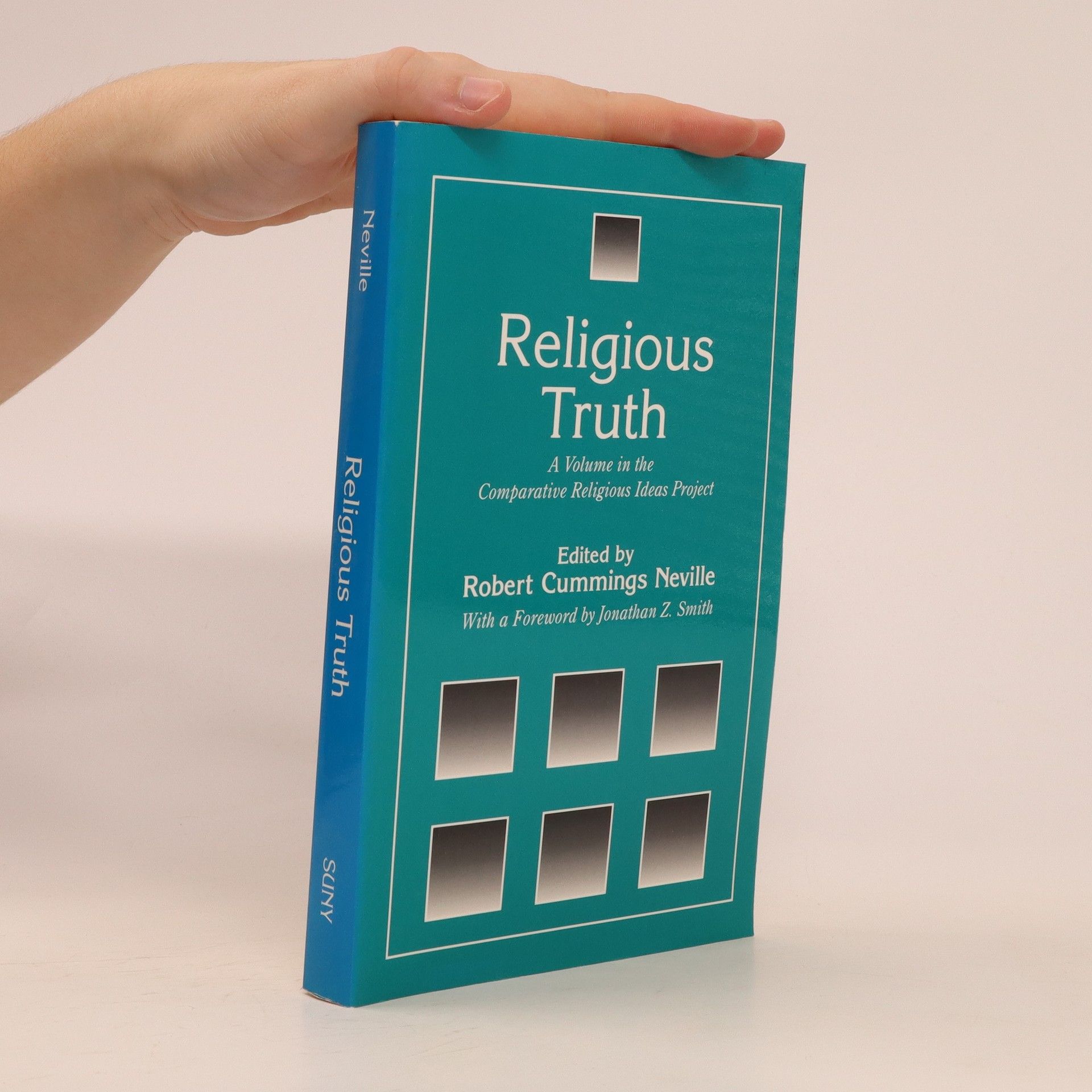Religious Truth
- 339pages
- 12 heures de lecture
Explores religious truth in a range of world religions and discusses the issue and philosophical implications of comparison itself.



Explores religious truth in a range of world religions and discusses the issue and philosophical implications of comparison itself.
The collection features a diverse array of essays that explore various aspects of the philosophy of religion. It delves into fundamental questions, arguments, and themes, making complex ideas accessible to a broad audience. The essays aim to engage readers with different viewpoints and encourage critical thinking about religious beliefs and practices.
Harmony and Form, Beauty and Art, Obligation and Personhood, Flourishing and Civilization
The book presents a theory of culture grounded in a metaphysical framework that intertwines Platonic and Confucian traditions. It explores how these philosophical legacies inform contemporary cultural understanding, offering insights into the interplay of ethics, aesthetics, and societal values. By bridging these two influential schools of thought, the author aims to provide a comprehensive perspective on cultural development and its implications for modern society.